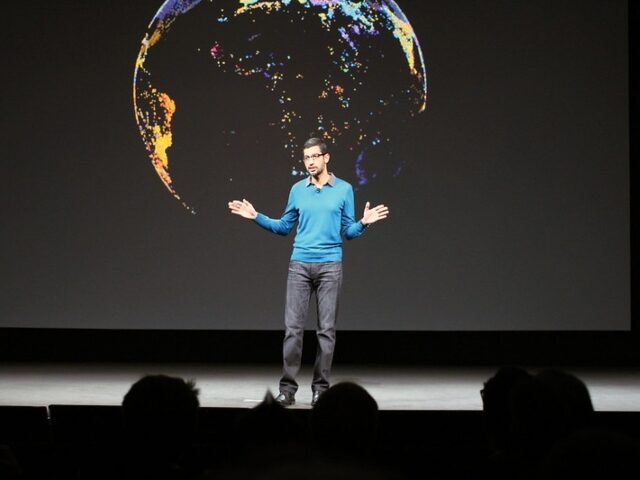Despite heavy investments in artificial intelligence infrastructure, Amazon, Microsoft, and Google failed to meet Wall Street’s expectations for translating AI spending into significant sales growth.
Bloomberg reports that the second quarter earnings season was a crucial test for tech giants Amazon, Microsoft , and Google parent company Alphabet as they aimed to demonstrate the profitability of their substantial investments in artificial intelligence infrastructure. However, their results fell short of Wall Street’s expectations, leading to declines in their stock prices.
Generative AI, the technology capable of creating text, images, and videos from simple prompts, was expected to drive meaningful profits for companies like Google’s Gemini and Microsoft’s Copilot. The lack of tangible returns has raised concerns about the viability of these investments.
Daniel Morgan, a senior portfolio manager at Synovus Trust, acknowledged the growing opportunity presented by AI but cautioned that the upfront investment is also increasing. Investors are questioning whether these companies can capture enough incremental profit growth to justify their spending.
While the tech giants reported healthy growth in their cloud computing divisions, which directly benefit from AI due to the technology’s high computational resource requirements, the gains were insufficient to satisfy investors. Amazon projected lower-than-expected third-quarter operating income, while Alphabet’s outlook on AI growth lacked specificity. Microsoft’s Azure cloud computing service saw slower sales growth, with AI driving only a slight increase compared to the previous period.
The disappointing results also impacted chipmakers, who have been benefiting from the tech industry’s AI push. Nvidia’s shares tumbled, while SK Hynix, the leading supplier of AI memory chips, experienced a significant decline in Seoul trading. Chip-making equipment producers, such as ASML Holding NV and Tokyo Electron Ltd., also saw their shares slide.
In contrast, Intel is facing its worst share decline in nearly a quarter-century after losing market share to AI leaders like Nvidia. The chipmaker reported a disappointing sales outlook and plans to cut jobs, leading to a sharp drop in its stock price.
To validate the potential $1 trillion investment in AI infrastructure over the next several years, companies must demonstrate that the technology can solve increasingly complex tasks and deliver more than incremental improvements. Jim Covello, head of equity research at Goldman Sachs Group, predicts that the AI rally could turn against investors within the next 18 months if more significant use cases fail to emerge.
Read more at Bloomberg here.
Lucas Nolan is a reporter for Breitbart News covering issues of free speech and online censorship.

COMMENTS
Please let us know if you're having issues with commenting.